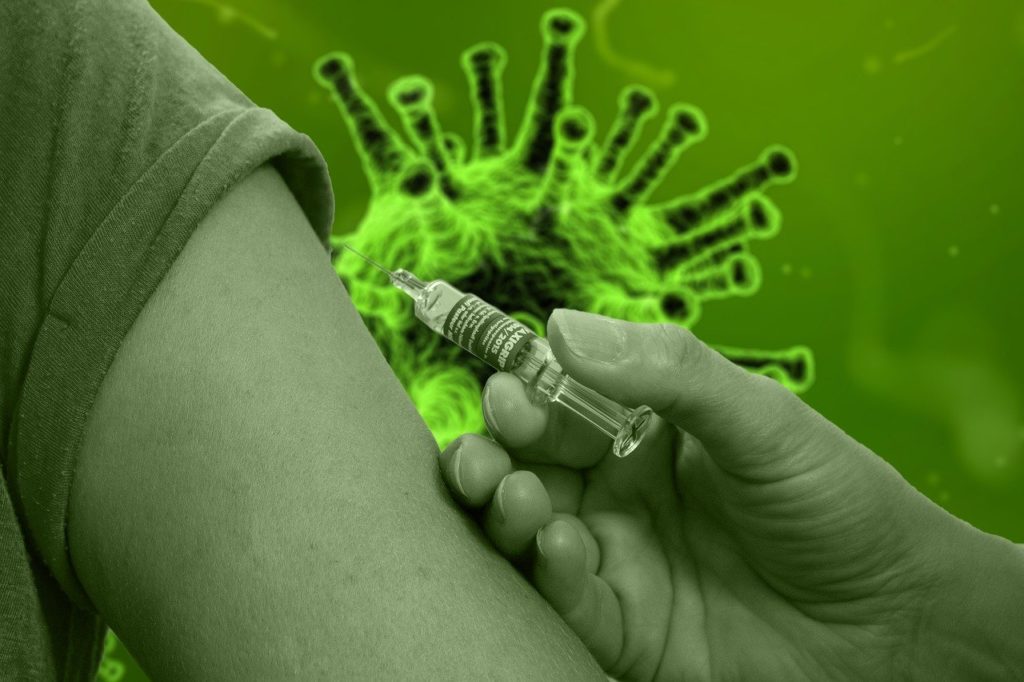The federal authorities will not cut corners to approve a new vaccine against Covid-19 simply because there is a question of urgency, the head of the agency for medications and health products (AFMPS) has said.
The agency has the authority to approve a medication, including a vaccine, for use in Belgium, and that approval is required before any product can be used.
Interviewed by RTBF radio, Xavier De Cuyper, administrator-general of the AFMPS, was asked about the prospect of having a vaccine available in the near future.
“I think based on the information we have today, we should be relatively optimistic about having a vaccine starting in the spring,” he said.
“I'm not going to make a bet because I think that would be a bit daring, but from April 2021 we should hope to have a vaccine available.”
While the member states of the EU had set out at the beginning of the crisis to act individually in seeking a vaccine, they soon agreed to work together so that the smaller members states would stand more of a chance instead of having to compete with larger states like France and Germany.
But the inevitable result is that the Commission is going shopping before the product it’s looking for is even on the shelves.
“This is obviously a very particular situation, since we are entering into contracts even before knowing whether the company that agrees to contract with us will end up developing the vaccine and above all seeing it validated,” he said.
“There is of course no question of buying something that does not work.”
The solution is to adopt a belt-and-braces approach, taking as many options as appear promising.
“We try to have a range of products that are theoretically good products because they have been well developed, but we are not at all sure that in the end, when they have passed all the stages, and in particular the famous test phases, that they will prove to be safe and effective,” he said.
A successful programme of immunisation requires a high level of take-up among the population, and aside from the movement against vaccination in general, there is a sizeable population who appear particularly suspicious of vaccines for this disease. De Cuyper offered some reassurance.
“It should be understood that vaccines will only be authorised after having passed all the necessary steps,” he insisted.
“We don't make different rules because we are in a hurry. The European Medicines Agency is responsible for carrying out the scientific evaluation and I can assure you that there is no tolerance, on the pretext that we want to go quickly, to be less severe in the analysis that is made.”
The new vaccine, wherever it comes from, will undergo the same process of continuing evaluation as the everyday flu vaccine, he said.
“The second thing is that zero risk of course does not exist. You have heard that there were tests that was interrupted, and this is proof that we are careful, that each time there is an incident, an independent verification is done, and when everything is in order, the test is repeated.
“I can assure you that there are many of us who are very serious about the business of control.”
Alan Hope
The Brussels Times

